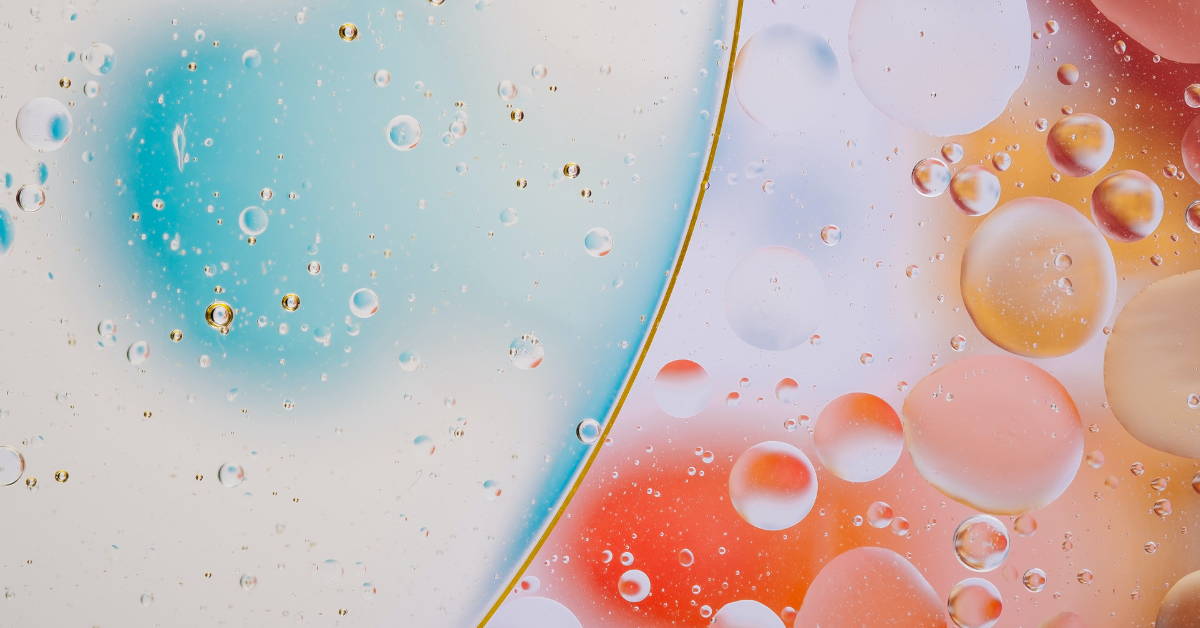
When you start exploring your internal world for pleasure or therapeutics, it can be confusing to know which oil or lubricant to use, especially when you’re told to use something specific and it causes irritation. So we thought we’d share a list of the most commonly used oils as well as personal lubricants to help you make an informed decision.
As a general rule, oils and lubricants should not be used as a substitute for your own lubrication.
With the right stimulation, your natural juices will be able to flow, but oils and lubes are a great way to get started, plus they can feel amazing.If you’re prone to yeast infections, oils are also not the best way to go, but there are plenty of good, natural lubricants on the market that I’ll also mention below.If you’re trying to get pregnant, avoid oils as some can slow the sperm down! And also – we want the best for our cervices, don’t we? So avoid all the nasty chemicals and go for natural or organic products instead.
Most Popular
-
Pros:
- Stays easily in the vagina (which is good for dryness)
- Has moisturizing qualities and can actually induce wetness
- Effects last longer than a water-based lubricant
- Cost effective
- Can be a treatment for fungal infections but can also trigger them (see below)
-
Cons:
- Can mess with latex barriers like condoms (making them more likely to break)
- Can make people prone to vaginal infections because of its antibacterial properties
- Can cause irritation
-
Pros:
- Moisturizing and safe for vaginal use
- Full of antioxidants
- Smells good
- Doesn’t leave behind a residue (won’t stain sheets)
-
Cons:
- Can mess with latex barriers like condoms (making them more likely to break)
For Scar Tissue
-
Pros:
- Inhibits the growth of yeast and kills already existent yeast
- Excellent for scar tissue
- Non-staining
- Long lasting
-
Cons:
- Many castor oils have been heavily produced with pesticides - make sure you use one that’s organic
- Can induce labour so do not use if pregnant
-
Pros:
- Contains Omegas so it is great for tissue repair
- We recommend wearing an overnight suppository to soften tissue
-
Cons:
- Can mess with latex barriers like condoms (making them more likely to break)
- Can contain trace amounts of seeds
- Can stain sheets/mattresses
-
Pros:
- Lasts longer than water-based lubricants
- Helps reduce inflammation (which other lubricants can cause)
- It resembles human sebum in its chemical makeup
-
Cons:
- Can mess with latex barriers like condoms (making them more likely to break)
-
Pros:
- A heavier oil, so it’s longer lasting (which is a pro if you need more lube/are especially dry)
-
Cons:
- Can mess with latex barriers like condoms (making them more likely to break)
- Make sure to use an oil that has been minimally processed and is organic
-
Pros:
- A natural aphrodisiac
- Has a very soothing texture
- Has a warm fragrance
-
Cons:
- Can mess with latex barriers like condoms (making them more likely to break)
- Is absorbed quickly, so a large amount may be needed
Non Toxic Water-Based Lubes
- Aloe Cadabra – It’s 95% aloe and contains vitamin E
- Sliquid H20 – This one feels great, it has no parabens and is vegan friendly
- Yes – Contains no parabens or chemicals, plant based and certified organic
Silicone-based Lubes
Pros: Silicone-based lubricants are the most slippery, so they feel really good. They're also good for anal play. They won’t degrade latex condoms, they work well in water, and they don’t evaporate as easily as water-based lubricants or saliva. Many also are free of potentially irritating glycols and glycerin; check the label to be sure.
Cons: They can damage silicone sex toys and they can leave a sticky residue
Our Favourite: Uberlube
For Menopausal Women
- Julva by Dr Anna Cabecca– all natural ingredients and no endocrine interrupting chemicals. Active ingredient is DHEA (a hormone which can be made from yam or soy). Click here for some info on DHEA supplementation.
Happy exploring!
Leave a comment (all fields required)
Comments will be approved before showing up.


